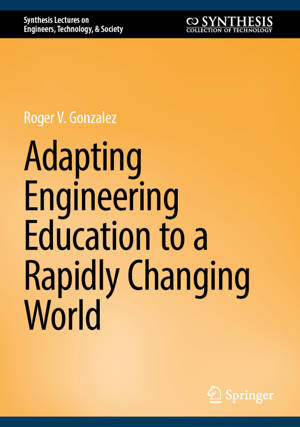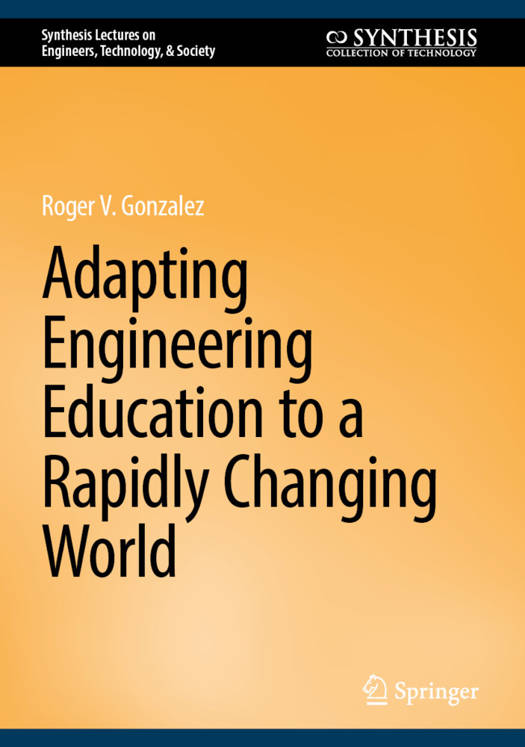
- Afhalen na 1 uur in een winkel met voorraad
- Gratis thuislevering in België vanaf € 30
- Ruim aanbod met 7 miljoen producten
- Afhalen na 1 uur in een winkel met voorraad
- Gratis thuislevering in België vanaf € 30
- Ruim aanbod met 7 miljoen producten
Omschrijving
Rapid technological advancements, globalization, and environmental concerns impact the role of engineers in today's society. The book emphasizes the role and contribution of engineers to society, and the importance of engineering education. However, to better prepare engineers, for the challenges and opportunities of their profession, engineering education must change.
This book begins by comparing the systems of engineering education in the United States and the United Kingdom, in terms of program structure, students, academics/faculty, and external factors. This comparison provides context to the discussion of the leadership role engineers should play and how engineering education should prepare students for leadership.
The focus of the second part of the book is on the important role of professional development in engineering education and on broadening access to and participation in these programs. The author explains that engineering education programs must be redesigned to meet industry needs and to allow future engineers to achieve career success. To do so, in addition to traditional topics in science and engineering, programs should help students develop professional and managerial skills including communication, project management, analytical, and problem-solving skills. The final part of the book is dedicated to exploring how accelerated technological developments including artificial intelligence, require that engineering programs adapt, in order to remain relevant.
Specificaties
Betrokkenen
- Auteur(s):
- Uitgeverij:
Inhoud
- Aantal bladzijden:
- 88
- Taal:
- Engels
- Reeks:
Eigenschappen
- Productcode (EAN):
- 9783031789076
- Verschijningsdatum:
- 31/01/2025
- Uitvoering:
- Hardcover
- Formaat:
- Genaaid
- Afmetingen:
- 175 mm x 247 mm
- Gewicht:
- 331 g

Alleen bij Standaard Boekhandel
Beoordelingen
We publiceren alleen reviews die voldoen aan de voorwaarden voor reviews. Bekijk onze voorwaarden voor reviews.











